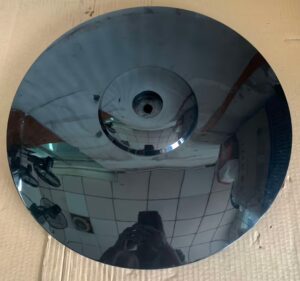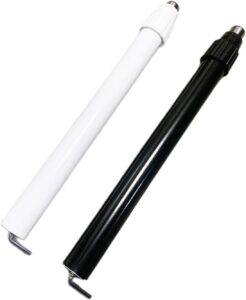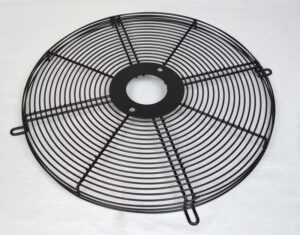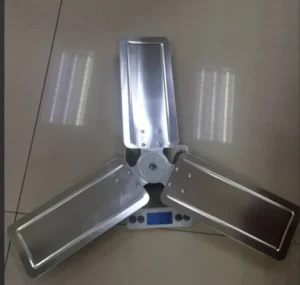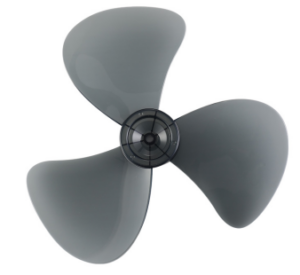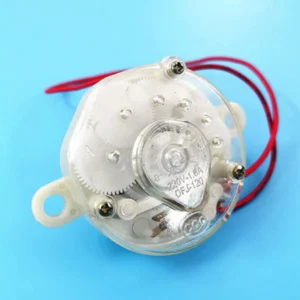Challenge
Once the production of industrial fan motors is completed, the next crucial step is to ensure that the final product meets the customer’s specified data requirements. This includes verifying important performance parameters such as motor temperature rise, fan blade rotational speed, and power consumption. If discrepancies or anomalies in the data are found, it may indicate issues with the production process, material selection, or configuration errors. These issues can affect the motor’s performance and, ultimately, product quality.
Solution
To address this, we implement a rigorous debugging and testing process. After production, each batch of industrial fan motors undergoes thorough testing to ensure the motor’s temperature rise and the fan blade’s rotational speed are within the specified range. The testing procedure involves precise measurement and comparison of the motor’s output data to the customer’s requirements.
If any anomalies are detected during testing, we immediately take action to identify the root cause. Our team collaborates closely with engineers from the technical department to investigate potential issues. We conduct a comprehensive review of the following:
- Motor Configuration: We check if the correct motor parameters (voltage, current, wire gauge, etc.) were used according to the customer’s specifications.
- Production Data Verification: We examine the data used during the production process to ensure it aligns with the required values. If there were errors in the data entry or configuration, adjustments are made immediately.
- Testing Equipment Calibration: We ensure that the tools and instruments used for testing are accurately calibrated, ruling out any potential measurement errors.
Additionally, we review the performance of critical components such as the motor’s bearings, coils, and windings to ensure they are operating correctly. Any identified anomaly is systematically documented and traced back to its source, whether it’s an error in material quality, machinery setup, or an internal miscommunication.
Once the root cause is identified, corrective actions are implemented. This could involve recalibrating machinery, adjusting motor configurations, or modifying the assembly process to prevent further issues. We then rerun the testing cycle to ensure that all parameters meet the required standards before moving forward with shipment.
Impact
This thorough data debugging process ensures that every industrial fan motor leaving our factory is fully aligned with the customer’s specifications. It helps us maintain the highest standards of quality and reliability, providing our clients with products they can trust. By addressing potential issues at this stage, we prevent future failures, reduce return rates, and ensure our products perform optimally in real-world conditions.
Ultimately, this commitment to precision and quality control strengthens our reputation as a trusted manufacturer and reinforces our ability to deliver top-tier products on time. It also fosters long-term customer satisfaction, as we continue to meet and exceed their expectations for high-performance industrial fan motors.

